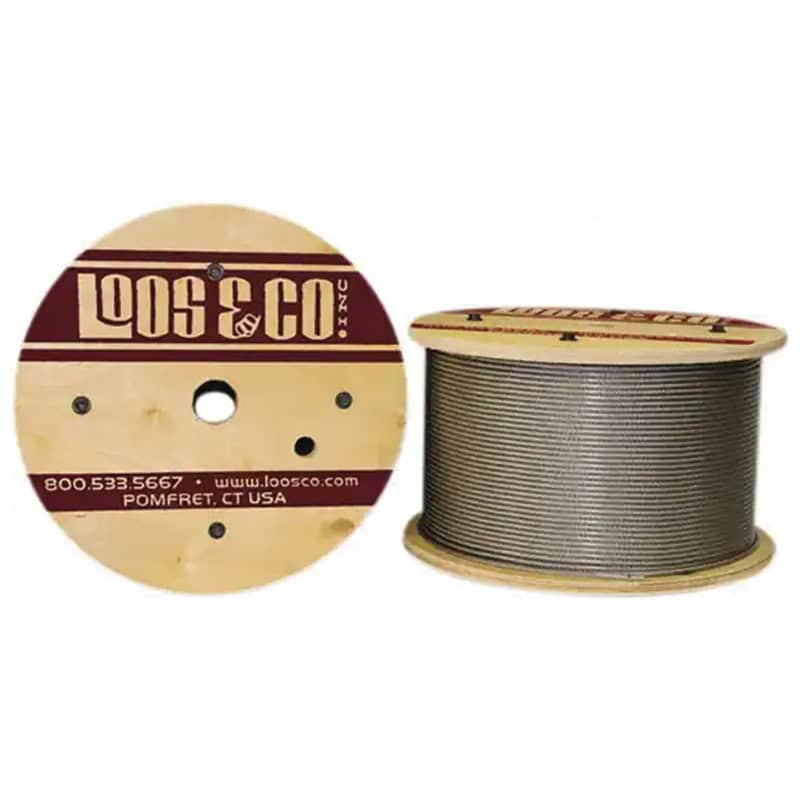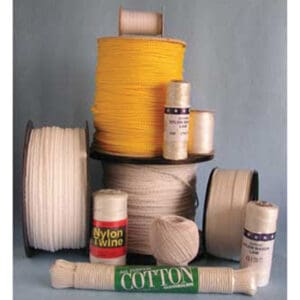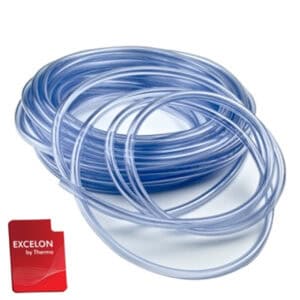Stainless Steel Cable
$1.20
Stainless Steel braided cable (wire rope) is used for suspending passive samplers, bailers and other groundwater sampling equipment in wells. It is available in a variety of thicknesses to suit the application. Thicker cables can be used as safety cable for pumps and other expensive down hole equipment.
Select cable diameters from the list below.
Stainless Steel cable is made from thin strands of stainless steel which are twisted together in a specific pattern to make a larger cable. The number and thickness and pattern determine the strength, flexibility, and cost of the final cable. The manufacturing operation is very industrial and therefore the final cable may have a dirty film twisted into the braid.
Though stainless steel resists rusting it is still susceptible to the effects of corrosion, especially if the groundwater has a low pH or high dissolved solids or chlorides. Careful consideration should be given to the use of stainless steel so that it is not used in groundwater conditions where it could fail.
Thin cables are usually used to reduce initial cost and weight and for flexibility. Thin cables will also tangle easier and, if conditions are present, corrode faster than thicker cables.
EON supplies a variety of Stainless Steel cable options, primarily as the suspension tether for passive sampling installations. We can provide customized, pre-finished cables and accessories for attaching samplers.




